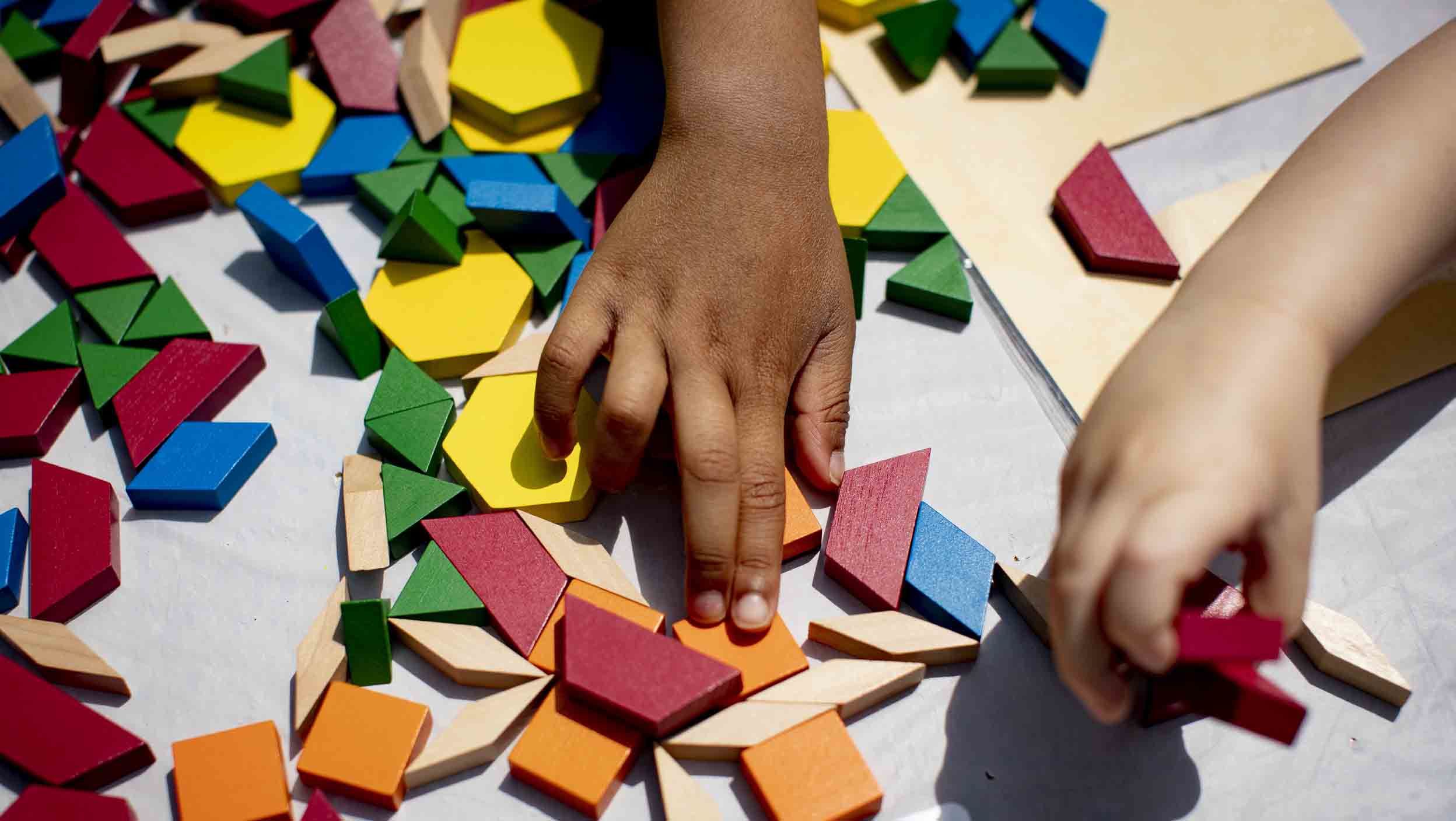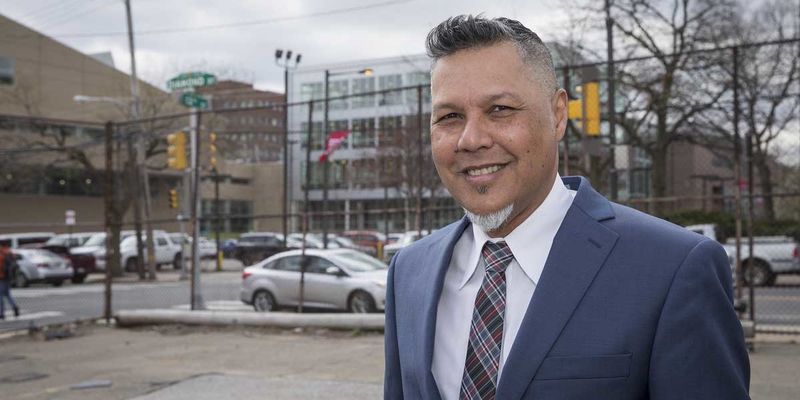How parents can fight the ‘COVID slump’
Temple professor urges parents to let play lead to learning this summer.

Summer has long been a worry among educators. The sunny months between school years are when young students tend to fall behind on their studies.
Math lessons slip from memory. Reading skills dip.
During a normal year, this would be referred to as “the summer slump.” But 2020 is no normal year. That’s why Temple’s Kathy Hirsh-Pasek recently updated the expression to “the COVID slump,” which she calls “summer slump on steroids.”
Altering the name to COVID slump takes into account “the fear factor of what’s going on in society” and how it may affect children’s development, explained Hirsh-Pasek, who is the Stanley and Debrah Lefkowitz Faculty Fellow in Psychology and director of Temple’s Infant Language Laboratory in the College of Liberal Arts. She is the author of Becoming Brilliant: What Science Tells us About Raising Children and Einstein Never Used Flashcards: How our Children Really Learn—and Why They Need to Play More and Memorize Less, and more.
COVID slump is “much more pronounced, in fact deeply pronounced, for children from under-resourced neighborhoods, where they can lose up to 30% of gains in math and up to 20% of the gains they had in reading,” she added.
An atypical school year ends
When the coronavirus caused schools to suspend classroom learning, many households experienced heightened anxiety and stress. Parents were suddenly responsible for guiding their children through lesson plans and homework in a way they weren’t prepared for.
“Put together the stress of what’s going on in the real world with the stress of everybody being home,” said Hirsh-Pasek.
“The children are confused and they need more attention, and the parents are often—if they have work they can do remotely—trying to get on Zoom calls while their children are pulling at them,” she said. “It’s really tough.”
For these parents, sheltering in place created a bittersweet situation.
“On the one hand, this is the most glorious time ever because you get family time you’ll never get again,” said Hirsh-Pasek. “On the other hand, you’re scared your child is going to fall behind.”
The fear of falling behind is an especially valid concern considering so many educators have adapted to remote teaching on the fly, she added.
Loosen up and let them play
All this raises the question of what should parents be focused and engaged on as summer officially begins? Should they work harder to pick up the slack or be more lax about their children’s studies? What’s the best way to defend against the COVID slump?
Perhaps the best thing to do right now is “to let your children know that they’re loved and they’re safe, even in an environment that feels wholly unsafe and feels like everyone’s running away from each other,” Hirsh-Pasek said.
Through months of social distancing and self-isolation, children may be feeling anxious, confused or frustrated in ways that are difficult for them to process or express.
“So is this really the time to say, ‘It’s time to do your math lesson?’ Maybe,” Hirsh-Pasek said. “Should it be No. 1 on the priority list? Absolutely not.”
Parents can see summertime as an opportunity to explore a “mindset change,” Hirsh-Pasek said. Loosen up and be creative. Now that the lessons and homework are over, it’s fine and advisable to goof around a bit. “We need more play in our work,” she argued.
“I do think it’s important for children to have some exposure to math and reading and other skills so that they get enrichment during the summer,” Hirsh-Pasek added. “Yet, playful learning really does do both by offering ways to enrich basic skills and to have fun while doing it.”
At home, Hirsh-Pasek practices what she preaches, and her approach to playful learning could very well help some parents in need of inspiration.
Let your imagination run wild. Using household items, Hirsh-Pasek regularly designs brain-teasing activities for her 5-year-old granddaughter. These games can be as simple as cutting shapes from construction paper or as immersive as a scavenger hunt that spans the entire house. She even laid out an obstacle course in her home, using masking tape to create directional arrows on the floor. “I love it,” she said of creating interactive games from scratch.
Build something. Hirsh-Pasek also recently built toy cars with her granddaughter, teaching her “how to use the tools and understand the physics and the science of what made that car move and how the pieces needed to be connected.” Was her granddaughter “more studious when she was learning her ABCs to read or was she more studious when she was putting her car together?” she asked. “Isn’t that like a puzzle? I thought she was studying hard!”
Incorporate your daily routines. “A lot of people are going to say, ‘Look, I’m not that creative,’” Hirsh-Pasek acknowledged. “But you know how to cook!” Parents can do organizational chores like loading the dishwasher or cooking meals with their children, infusing light math lessons into the activities. “We’re all experts at something,” she said. “Think of all the stuff you do every single day, but your children don’t know about it because they’re not here to watch that part of you. Bring them in. Let them share. Let them be part of what you do.”
Remember: These quick tips and activities don’t need to be reserved for the summertime. Research shows that playful learning teaches skills that are necessary to a child’s development, no matter the season.
“Play is learning, too,” Hirsh-Pasek said, and that’s true year-round.



